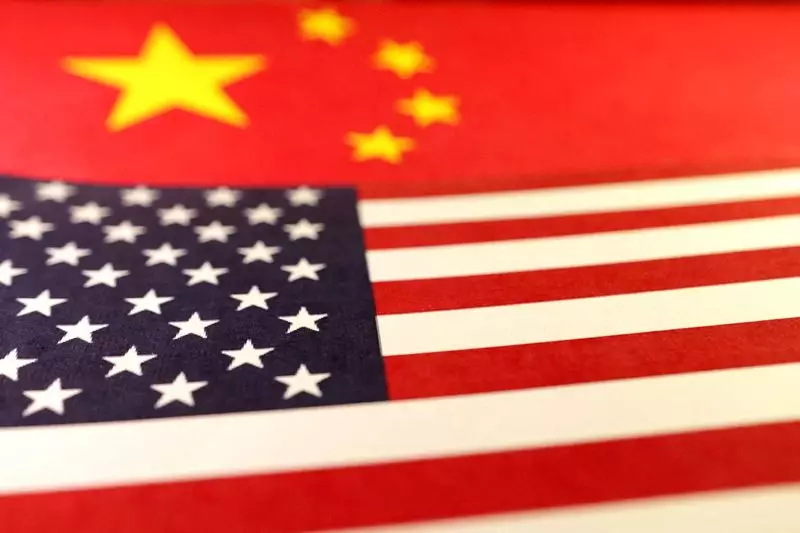Recent findings from a survey conducted by the American Chamber of Commerce (AmCham) in China reveal a troubling trend: more than half of American businesses operating in China are increasingly anxious about the continuing deterioration of U.S.-China relations. This marks a significant spike in concern, the highest in five years, as U.S. companies grapple with the ramifications of geopolitical tensions and economic policies. The survey indicates that 51% of respondents fear that future relations between these two economic giants may worsen, emphasizing the fragile state of affairs that can directly impact businesses on both shores.
This apprehension emerges in the wake of new political developments, most notably after U.S. President Donald Trump commenced his second term. The threat of escalating trade tariffs on Chinese imports looms large, signaling a potentially inflammatory chapter in U.S.-China trade relations. AmCham China Chair, Alvin Liu, underscored the importance of a stable relationship, asserting that economic collaborations are vital for the shared prosperity of both nations as well as global economic health. However, with America grappling with a complex array of administrative policies and international posturing, the message of cooperation appears to be lost amidst rising tensions.
Impacts on Investment Strategies
The survey, which polled 368 member companies between October and November, revealed alarming shifts in investment sentiment. Although nearly half of the respondents still consider China a top-three global investment focus, the landscape is changing. A notable 21% of companies have ceased to view China as a preferred investment location, a sharp increase compared to pre-pandemic figures. Such data underscores a growing wariness regarding the long-term viability of operating in China, driven by fears of trade restrictions and unfavorable regulatory environments.
Entrenched concerns regarding uneven treatment persist, with approximately one-third of firms reporting experiences of discrimination compared to their local Chinese counterparts. This disproportionate treatment notably affects issues of market access and public procurement, creating additional barriers for U.S. businesses striving to thrive in the Chinese market. The perceptions of unfair practices not only affect immediate business operations but also shape long-term strategies for engagement in a rapidly evolving economic landscape.
As U.S.-China relations continue to fluctuate, American businesses in China find themselves at a crossroads. The current climate demands adaptability, resilience, and a keen understanding of the multifaceted challenges posed by international trade dynamics. For companies hoping to maintain or enhance their presence in China, strategic planning and proactive engagement with local policies will be essential. In this climate of uncertainty, fostering a stable and constructive dialogue between the two nations will be crucial for alleviating concerns and nurturing a more favorable business environment for all parties involved.

